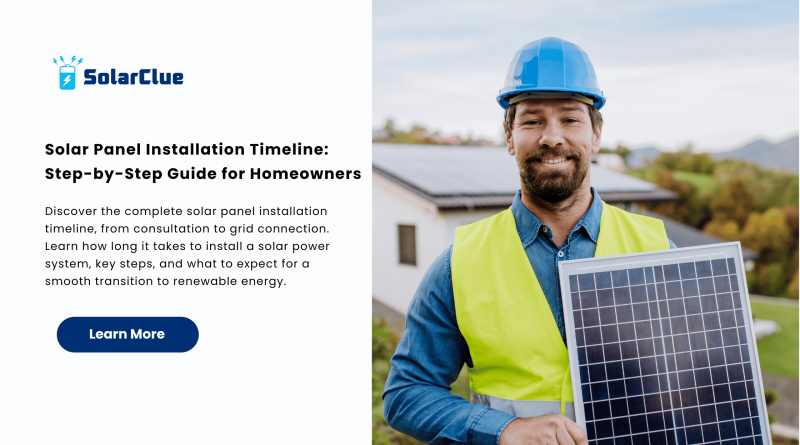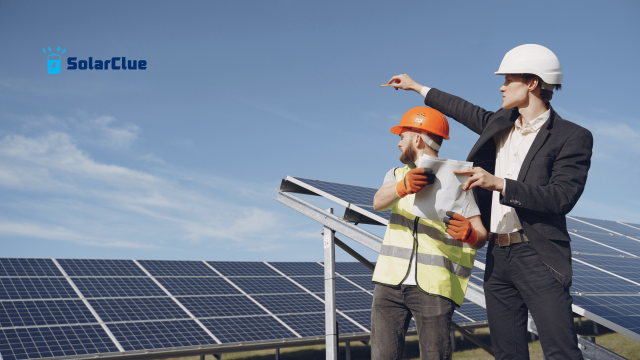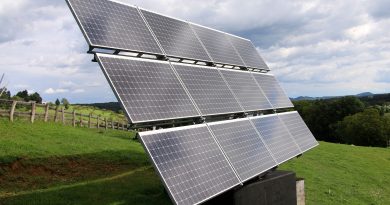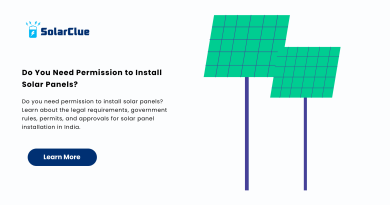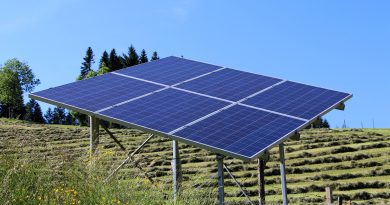Solar Panel Installation Timeline: Step-by-Step Guide for Homeowners
The demand for clean energy is at its peak, and installing a solar power system has become one of the smartest investments for homeowners and businesses. However, before making the switch, many people ask the same question: “How long does the solar panel installation take?” Understanding the solar panel installation timeline is crucial because it helps you plan, manage expectations, and ensure a smooth transition to renewable energy.
In this blog, we will break down the entire process step by step — from the initial consultation to the final connection with the grid. By the end, you’ll know exactly what to expect and how to make the journey seamless.
Table of Contents
- 1 Why the Solar Panel Installation Timeline Matters
- 2 Step-by-Step Solar Panel Installation Timeline
- 3 Typical Solar Panel Installation Timeline at a Glance
- 4 Factors That Can Affect Solar Panel Installation Timeline
- 5
- 6 Tips to Speed Up Your Solar Panel Installation
- 7 Long-Term Benefits of Solar Panel Installation
- 8 Frequently Asked Questions (FAQs)
- 9 Conclusion
Why the Solar Panel Installation Timeline Matters
Installing a solar panel is not just about placing modules on your roof. It involves a series of steps — site surveys, design, approvals, installation, and inspections. A clear understanding of the timeline helps you:
-
Plan your finances and schedules effectively
-
Minimize delays caused by incomplete documentation
-
Ensure a smooth handover from installation to energy generation
Step-by-Step Solar Panel Installation Timeline
1. Initial Consultation (1–2 weeks)
The journey starts with a consultation with a solar provider. During this stage:
-
Your energy needs are assessed
-
Roof condition and available space are reviewed
-
Initial cost estimates are provided
-
System type (on-grid, off-grid, hybrid) is discussed
This stage usually takes 1–2 weeks, depending on how quickly you share your electricity bills and roof details.
2. Site Survey and System Design (1–2 weeks)
A professional site survey ensures that the solar panel installation is feasible for your location. Surveyors examine:
-
Roof orientation and tilt
-
Shading from nearby structures or trees
-
Structural integrity of the roof
Based on this, a tailored design for your solar power system is created. This design determines the number of panels, inverter type, and wiring layout.
3. Permits and Approvals (2–6 weeks)
This is often the most time-consuming part of the timeline. You’ll need approvals from local authorities and the utility company. Documents may include:
-
Net metering application
-
Structural safety certificate
-
Electrical layout approval
On average, this step can take 2–6 weeks, depending on your state’s policies and response time of authorities.
4. Ordering Equipment (1–3 weeks)
Once approvals are in place, your installer will order the required solar panels, inverters, mounting structures, and other components. If your chosen panels are in stock, this step may only take a week. However, for special equipment or bulk orders, it can extend up to 3 weeks.
5. Installation Process (1–5 days)
The physical installation of the solar power system is relatively quick compared to other steps. A skilled team typically completes the installation in:
-
1–2 days for residential systems
-
3–5 days for large commercial projects
The process includes:
-
Mounting the panel structure
-
Installing solar panels
-
Wiring and inverter setup
-
Connecting the system to your home electrical panel
6. Inspection and Quality Check (1–2 weeks)
After installation, your system must be inspected by local authorities or the utility company. Inspectors check:
-
Safety compliance of electrical connections
-
Correct installation of panels and inverters
-
Adherence to building codes
This ensures your solar panel installation meets safety and performance standards.
7. Grid Connection and Commissioning (1 week)
Once your system passes inspection, the utility company will issue final approval for grid connection. At this stage:
-
Net meter is installed
-
System is turned on
-
Energy generation begins
Congratulations — you are officially producing clean, renewable energy!
Typical Solar Panel Installation Timeline at a Glance
| Step | Duration |
|---|---|
| Initial Consultation | 1–2 weeks |
| Site Survey & Design | 1–2 weeks |
| Permits & Approvals | 2–6 weeks |
| Ordering Equipment | 1–3 weeks |
| Installation | 1–5 days |
| Inspection | 1–2 weeks |
| Grid Connection | 1 week |
Average Total Time: 6–12 weeks
Factors That Can Affect Solar Panel Installation Timeline
While the average timeline is 6–12 weeks, some factors may extend or shorten the process:
-
State Regulations: States with faster approval systems reduce delays.
-
Installer Experience: Skilled installers manage paperwork more efficiently.
-
Weather Conditions: Heavy rain or storms can delay rooftop installation.
-
Equipment Availability: Backorders for panels or inverters may cause delays.
Tips to Speed Up Your Solar Panel Installation
-
Choose a certified installer who has experience with local approvals.
-
Prepare documents early, including utility bills, property tax receipts, and ID proofs.
-
Opt for readily available panels instead of waiting for imported brands.
-
Stay proactive by following up with authorities about approvals.
Long-Term Benefits of Solar Panel Installation
Though the process takes a few weeks, the benefits last decades:
-
Reduced electricity bills
-
Protection from rising energy costs
-
Increase in property value
-
Contribution to a greener planet
Once installed, a solar panel system requires minimal maintenance and offers reliable energy for 25+ years.
Frequently Asked Questions (FAQs)
1. How long does it take to install solar panels on my roof?
The installation itself takes 1–5 days, but the entire solar panel installation timeline can take 6–12 weeks due to approvals and inspections.
2. Do all solar panel installations require permits?
Yes, most states and utility companies require permits and approvals before grid connection.
3. Can I use solar power immediately after installation?
No, you must wait for final inspection and grid approval before switching on the system.
4. What happens if my area has frequent power cuts?
In such cases, you can consider adding a battery backup or choosing a hybrid solar power system.
5. How do I know if my roof is suitable for solar panels?
A site survey will confirm roof orientation, space, and structural safety.
Conclusion
Switching to solar energy is a smart decision for your home and the environment. While the solar panel installation timeline may take 6–12 weeks, the long-term benefits far outweigh the wait. With proper planning and a reliable installer, you can enjoy hassle-free installation and decades of clean energy.
Ready to take the next step? Visit solarclue.com and blog.solarclue.com today to explore more insights and make your solar journey easier than ever!

